Justice

Appointment of magistrates: Throughout these last four years, the Labour government that had promised to push for the involvement of more women in the judiciary has increased the number of female members to 20. This means that 43 per cent of the total number of judges and magistrates are now women. An increase in the number of judges and magistrates has also provided for more efficiency. The number of court cases waiting to be heard before the Family Courts in Valletta is down to 1,142, which is 18 per cent less than the number five years ago, while the number of pending trials by jury fell by 27 per cent in a period of five years.
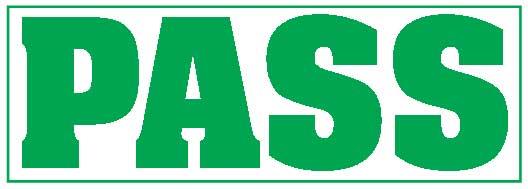
PL affiliates in the judiciary: Over these last four years, the country has seen appointments to the judiciary that smacked of political partisanship. One could mention the appointments of Joanne Vella Cuschieri, a Labour Party candidate in the 2013 general election. Caroline Farrugia Frendo, the daughter of the Speaker of the House, former Labour deputy leader Anglu Farrugia, is another fine example, as is former Labour Party official Magistrate Joe Mifsud. Then there is one particular appointment that could not get enough media attention due to its controversy - Toni Abela, the former PL Deputy Leader and a failed candidate for the European Court of Auditors.
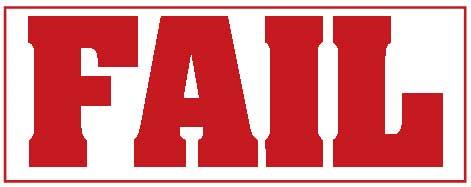
Crime rate: The crime rate has reached an all-time high, with multiple cases of stabbings and shootings and, even more worrying, the number of deaths and grievous injuries caused by car bombs.

Police commissioner: Let's, for a moment, put aside the recent fenkata incident. The simple fact that there have been five Police Commissioners in less than five years is more than worrying. What's worse is that the public is now even calling for the current commissioner's head on a platter for his lack of action in the Panama scandal and the more recent Egrant and Pilatus Bank cases.

Revenge porn: The government has worked to introduce an amendment to the law to criminalise revenge porn. This amendment came along as Minister Owen Bonnici worked on updating the current censorship laws, including the law on vilification of religion.

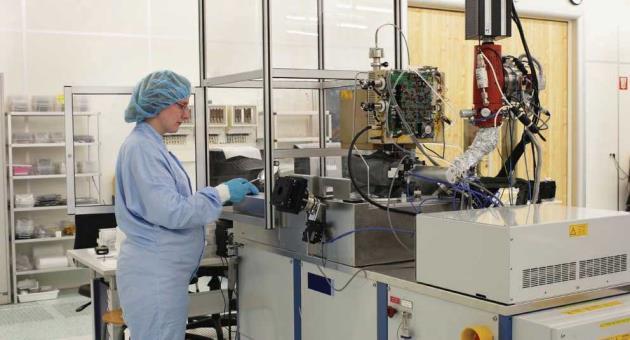
Education and work
Record employment: During these last four years, Malta has registered one record after another in employment levels. According to the most recent Eurostat reports, Malta registered the third lowest unemployment rate in Europe, at 4.1 per cent.

Employment in public sector: The majority of the new jobs created during this administration were in the private sector. However, jobs in the public sector also saw a steep increase. In the year after the 2013 general election, there was an increase of 1,300 employees in the public sector.

Indefinite contracts in public sectors: It should be pointed out that this government also introduced the measure to have public sector employees moved onto indefinite contracts.

Tablets: Before the 2013 elections, the two major political parties pushed the pledge for all school children to have their own tablet to the top of their agenda. The promise is still being implemented, and this year the measure was launched for Year 4 students.

Free child care: Increasing female participation in the work force was one of the major concerns for the government. To help achieve that aim, the PL administration introduced free child care centres.


Economy
Growth: The government has done very well economy-wise, with the economy having grown by five per cent in 2016. In nominal terms, GDP grew by 6.7 per cent.

Surplus: In 2016, the general government registered a surplus of €101.0 million, equivalent to 1.0 per cent of GDP. The gross consolidated debt amounted to €5,766.5 million or 58.3 per cent of GDP.

Temporary schemes: Government has introduced a number of temporary schemes, such as the IIP which have brought funds into the economy. These, however, are temporary and thus would not be around for ever. The government has been criticised that it is not spending enough on capital expenditure. At the same time, while controversial, such schemes like the IIP have brought funds into the country.


Civil liberties

Civil unions: The Labour government has championed civil liberties from immediately after the general election. Topping the list is the introduction of civil unions. Now there is talk of upping the ante to same-sex marriage.

Gender Identity Act: The Ministry for Social Liberties worked on a bill aimed at protecting the rights of LGBTIQ.

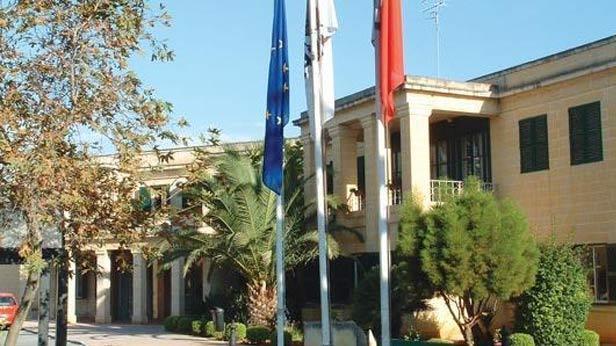
Environment

MEPA demerger: One major promise the government made and kept was in relation to the environment and planning authority. Mepa is now a thing of the past, having been divided into the Environment and Resources Authority and the Planning Authority.

Overdevelopment: PM Joseph Muscat sometimes calls it the price of success. As more people are swarming into this tiny island, the development of any kind of property is everywhere. In a simple view of Sliema you can spot multiple cranes emerging from within the already busy urban areas.

Public land for big businesses: Environmentalists have had a hard time keeping up with Muscat's government. But what angered the public most was the acquisition of public land by huge businesses for minimal prices. The latest in the series is the db Group acquisition of the ITS site in St Julian's. But before that, environmentalists, together with the Opposition, protested over the land given to the Jordanian investors for the American University of Malta.

Accountability, transparency and meritocracy
Publication of contracts: While government did publish a number of contracts, including those relating to the Vitals Global Healthcare deal and the ElectroGas contracts, many were heavily redacted and should have been published earlier than when they were.

Upholding responsibility: While there have been a few Cabinet resignations and removals, such as Manuel Mallia following the Paul Sheehan incident and Michael Falzon due to the whole Gaffarena scandal, they did so after many months. In addition, in the case of Konrad Mizzi and the Panama Papers, the Prime Minister claims that action was taken when he removed the Health and Energy portfolios from Minister Mizzi. Many, however, do not agree and Minister Mizzi is still heavily involved in the energy sector. No action was taken against OPM Chief of Staff Keith Schembri.

Persons of Trust and appointments: The sheer number of persons of trust and other appointments by government that were questionable has raised many eyebrows, and has called their capability into question. One example was the appointment of an 18-year-old as a director regardless of the fact that it was a very short-lived appointment.

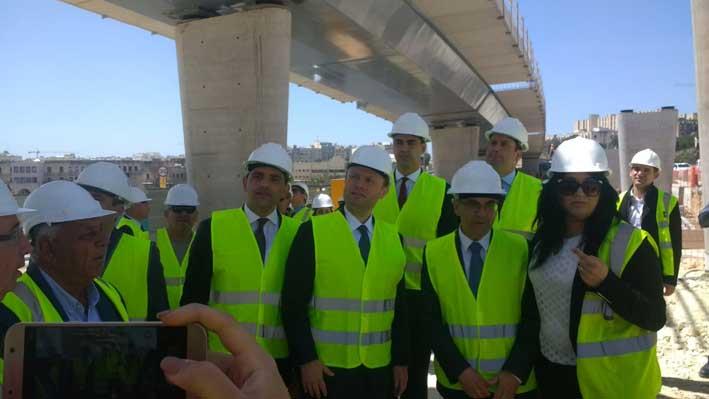
Transport and Infrastructure
Public Transport: While off to a rocky start, the public transport service has been improving, especially thanks to the tallinja app and the GPS tracker. While frequency for certain areas is still under scrutiny, the routes themselves have improved.

Traffic: The government has simply not done enough to alleviate the traffic situation. While major work is ongoing at the Kappara Junction, and other projects have been touted, the length of time spent stuck in traffic is getting worse. In addition, traffic jams are no longer a problem in the morning and afternoon peak hours, but can occur throughout the day.

Alternative transport: Bicycle lanes have been installed though they are few and far between. Priority lanes have also been introduced in certain areas, but have resulted in more congestion. A solid alternative transport system has not been introduced.

Air Malta: The attempted deal with Air Malta failed miserably and months were wasted in discussions with Alitalia as a possible strategic partner. Following the end of discussions, the Italian airline now faces troubles of its own and Air Malta's future is still on shaky ground.

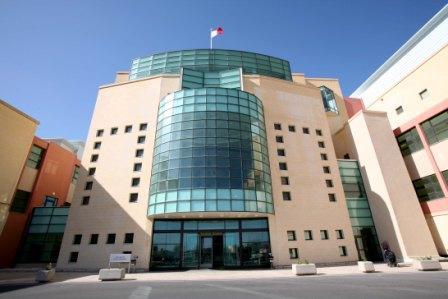
Healthcare

Out of stock medicines: Government has, for the most part, resolved the issue of out of stock medicines. There are those people who argue that more medicines should be added to the list but, overall, this programme has been a success.

Karen Grech Hospital and St Luke's Hospital: This is still very much up in the air. It is still unclear whether it will be a positive or a negative decision, as not enough time has passed. While many questions surrounded the partly-published contracts, and the unions expressed concern will be taken as negative aspects of the deal, VGH might help modernise the hospitals and create more jobs.

Gozo General Hospital: While investment in Gozo General Hospital is definitely a plus, having the only hospital in Gozo run by a private company was not the best of ideas. While the government has made certain guarantees, the public is still very concerned about this situation.

Waiting Lists: Waiting lists and waiting times at Mater Dei Hospital have both been reduced, and while at the beginning of the legislature there were many patients in corridors, this situation seems to be more of a rarity.

Pharmacy of Your Choice: In November 2015 the POYC Unit launched the +70 Delivery to the Homes Scheme as a pilot project in Rabat and Paola. Recently, on 3 May, this scheme was expanded across all of Malta. Whether this was done due to the election or was planned is unknown, but regardless, it is highly likely that if the government had not called an early election, it would have been completed by 2018.

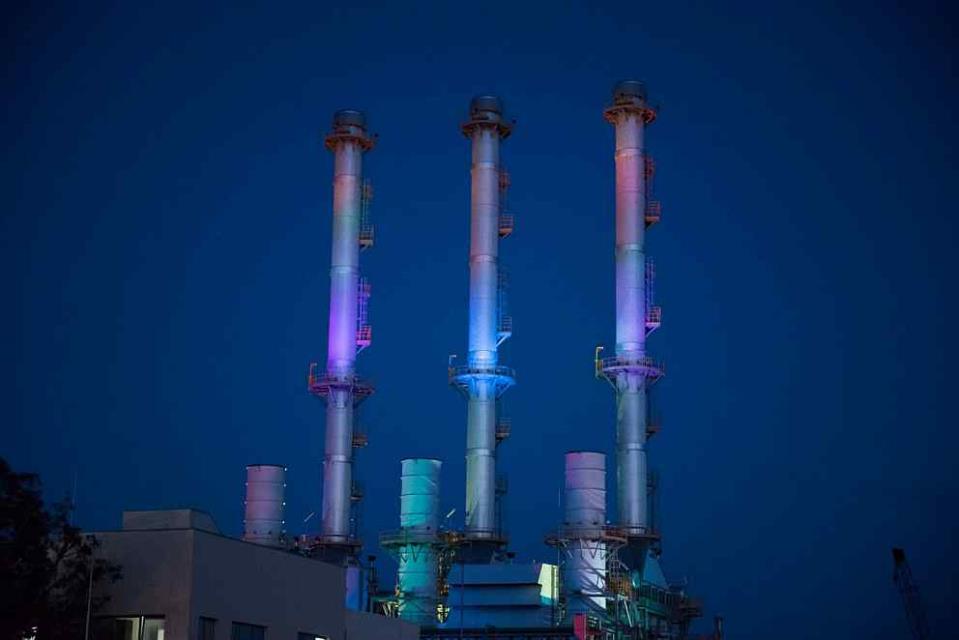
Energy

Enemalta: While being on the verge of bankruptcy, the company was saved, however only as a result of being partially sold off to Shanghai Electric Power.

ElectroGas: The agreement with ElectroGas, and the whole situation surrounding the LNG tanker caused a great divide in the country. The power station was years over-deadline and arguments have been made that the station itself is not even needed. While it has yet to be seen who is right on this issue, the delays and controversy surrounding this project mark it as a failure. Arguments regarding the purchase of energy have also been rife, given that the agreement regarding the purchase of power is still kept secret.

LNG tanker: The LNG tanker caused an uproar when announced, and was a cause for concern for residents in the area. While it was deemed safe enough to install, many still argue that a gas pipeline should just have been built, full stop.

Energy tariffs: While the reduction in energy tariffs is undoubtedly a good thing, the Opposition argued that tariffs could have been reduced even further.
